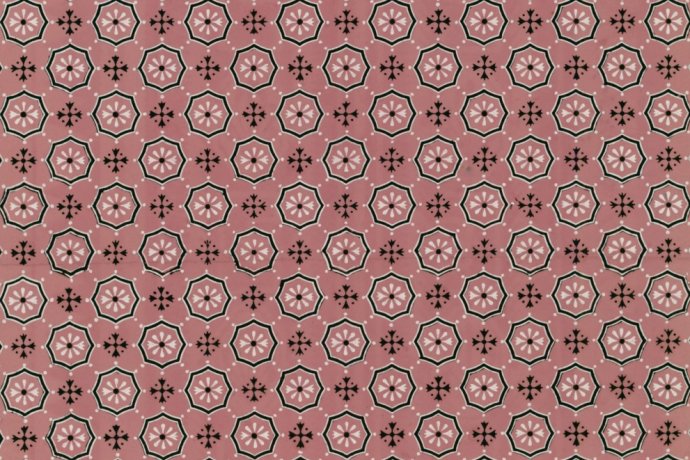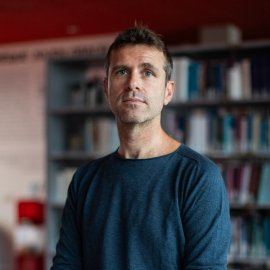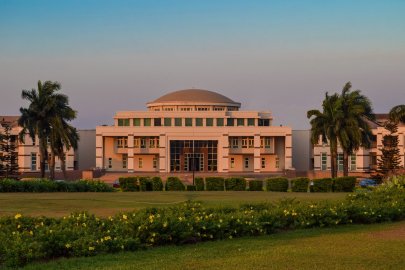The Indian-European Advanced Research Network is an informal network of research institutions based in Europe and in India, whose purpose is to foster research where the cooperation between European and Indian scholars arises through common interests and sense of shared predicaments.
Since 2007, the network has chosen to support various focus areas:
- History of Political Ideas
- Law, Politics and Constitutionalism
- Museums and Art History
- History of Sciences in India and China
- Social Democracy in India and China
- The Social Life of Commercial Trust
- Collecting Pasts, Archiving Futures
- Distribution and the Law: Indian and European constitutional approaches compared

Network creation
Starting in 2007 with the initiative of the Wissenschaftskolleg zu Berlin and the personal involvement of Sunil Khilnani, the network has been created to help overcome the asymmetrical situation that frequently hinders the cooperation between Europe and India in the Humanities and Social sciences.
The European scholars often specialize in a regional competence and work in a context defined by the culture which is their object of study, a « South Asia Institute » or the like. Meanwhile, the Indian scholars often work in a disciplinary unit where they compete globally and are, in many cases, in constant dialogue with scholars from the Anglophone world and especially the U.S. Yet, when they come to continental Europe, they are welcomed by the regional specialists as precious informants and often remain ignored by the colleagues of their own field or discipline.
The vigour of the humanities and social sciences in India, though, deserves the greatest attention among European scholars. It is deeply rooted in the fact that India has, for over six decades now, maintained a democratic and open society – one that is connected to and participates in global intellectual currents, while also reflecting on very specific local concerns and conflicts.
By identifying some specific focus areas, the network tries to bridge the gap and to bring Indian and European scholars together in research groups solely based on their competence. Yet, as Indian and European scholars today live in a common and more globalized world, the discussion is not intended to be artificially limited to Indian and European scholars alone or to the comparison of India and Europe without taking into account their globalized entanglement.
Such a cooperation has to be responsive and open to including scholars from other countries, where such inclusion is justified on research grounds. This kind of transregional perspective tries to avoid a culturalist sectarianism. Even where the cooperation between Indian and European scholars seems to be of particular interest, the intellectual aim of the network is not to develop forms of specific and niche knowledge, but to foster an enriched universalistic ambition, which can appear convincing not just to the participants of the network but to the wider world of scholars.
Each one of the focus areas supported by the network provides the opportunity to question some of the usual concepts of the Humanities and Social sciences which, although self-proclaimed as universal, reflect indeed the specific development of these disciplines based on particular experiences in Europe and the most industrialized countries. The internationalization of the research perspective follows the basic logic of comparison: which helps, among other things, to identify the extent to which conceptual fields within disciplines are necessary or contingent in their form and content – and to what extent they can grasp different cultural realities and contexts.
Through such iterative comparison, the different cultural backgrounds can gradually allow for modifications in the problem choice and set, and lead hopefully to a modified conceptualization of core principles within the disciplines themselves.
The steering committee of the network stands as a flexible body in charge of identifying relevant focus areas and developing new forms of cooperation between the members. It is composed of the representatives of each member institutions and of a small group of qualified individuals. The committee chairman is Prof. Sunil Khilnani.
Chairman
- Sunil Khilnani, Chairman of the Board
King's India Institute
Qualified persons
- Joachim Nettelbeck, Former Secretary General, Wissenschaftskolleg zu Berlin
- T.C.A. Rangachari, Director of the Academy of International Studies, Jamia Milia Islamia University
- Pierre Rosanvallon, Professor at the Collège de France, Chair of Modern and Contemporary History of Politics
- Martin Roth, Former Director of the Victoria and Albert Museum
- Yogendra Yadav, Professor and former Senior Researcher at CSDS
Institutional representatives
- Pratap Bhanu Mehta, President, Center for Policy Research, New Delhi
- Philipp Dann, Professor of Public and Comparative Law, Wissenschaftskolleg zu Berlin
- Andreas Eckert, Chairman of the Board, Forum Transregional Studien
- Theo Mulder, Acting Rector of the Netherlands Institute for Advanced Studies in the Humanities and Social Sciences
- Tapati Guha Thakurta, Director, Centre for Social Science Studies, Calcutta
- Luis Mora Rodriguez, Scientific Director, Institut d'études avancées, Nantes
- Sitharamam Kakarala, Director, Centre for the Study of Culture and Society, Bangalore
- Sanjay Kumar, Director, Centre for the Study of Developing Societies
- Shalini Randeria, Professor of Social Anthropology and Sociology representing the Graduate Institute
- Kavita Singh, Professor of Art History in the School of Arts and Aesthetics representing SAA (Jawaharlal Nehru University)
- Bjorn Wittrock, Director of the Swedish Collegium for Advanced Studies
- Baghavendra Gadagkar, President, Centre for Contemporary Studies, Indian Institute of Science, Bengaluru
Members
The Indian-European Advanced Research Network (IEARN) is mainly made up of European institutes of advanced studies and independent Indian research centers in the social sciences and humanities. These members are highly responsive and provide an ideal framework for hosting small research groups for extended periods.
- Center for the Study of Culture and Society
Bangalore, India Sitharamam Kakarala, Director - Forum Transregionale Studien
Berlin, Germany
Andreas Eckert, President - Wissenschaftskolleg zu Berlin
Berlin, Germany
Philip Dann, Professor - Center for Social Science Studies
Calcutta, India
Rosinka Chaudhuri, Director - Graduate Institute
Geneva, Switzerland
Shalini Randeria, Professor at the Institut de hautes études - Institute of Advanced Studies, Nantes
Nantes, France
Luis Mora Rodriguez, Scientific Director - Center for Policy Research
New Delhi, India
Pratap Bhanu Metha, President - Center for the Study of Developing Societies
New Delhi, India
Sanjay Kumar, Director - School of Arts and Aesthetics - Jawaharlal Nehru University
New Delhi, India
Kavita Singh, Associate Professor at JNU-SAA - Swedish Collegium for Advanced Studies
Uppsala, Sweden
Christina Garsten , Director - Netherlands Institute for Advanced Studies in the Humanities and Social Sciences
Amsterdam, Netherlands
Theo Mulder, Rector - Center for Contemporary Studies, Indian Institute of Science
Bangalore, India
Raghavendra Gadagkar, Director
Administration
The Institut d'études avancées de Nantes is responsible for the administration of IEARN. In this capacity, the Institute assists the Steering Committee in its work and coordinates all activities in the various areas of intervention. The Institute is also responsible for accounting and reporting.
Coordinator
Support
Switzerland contributed to IEARN from the very beginning of the initiative in 2007, until 2011. The funds were part of a general contribution from the Swiss Secretariat for Education, Science and Innovation, allocated to the Wissenschaftskolleg zu Berlin for its AGORA - European Networks program.
Since 2012, the network has been grateful for the support of the Riksbankens Jubileumsfond. This is an independent Swedish foundation whose aim is to promote and support research in the humanities and social sciences.


